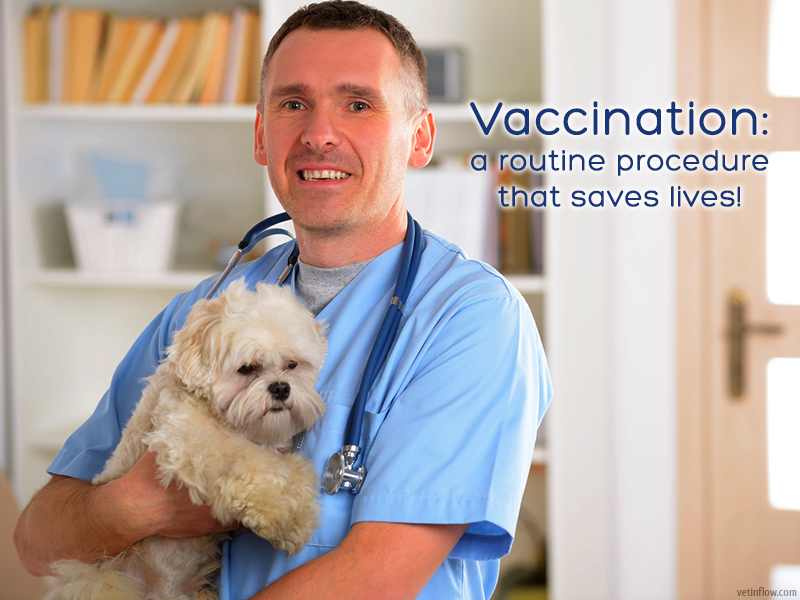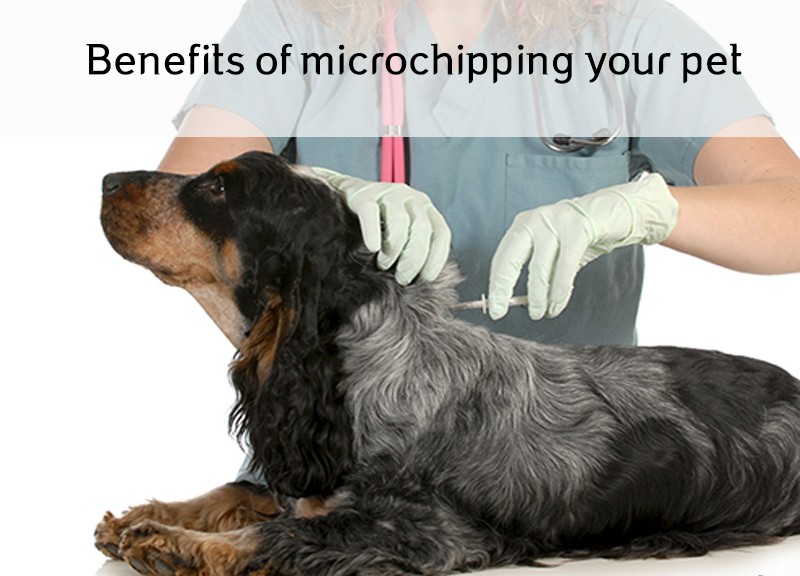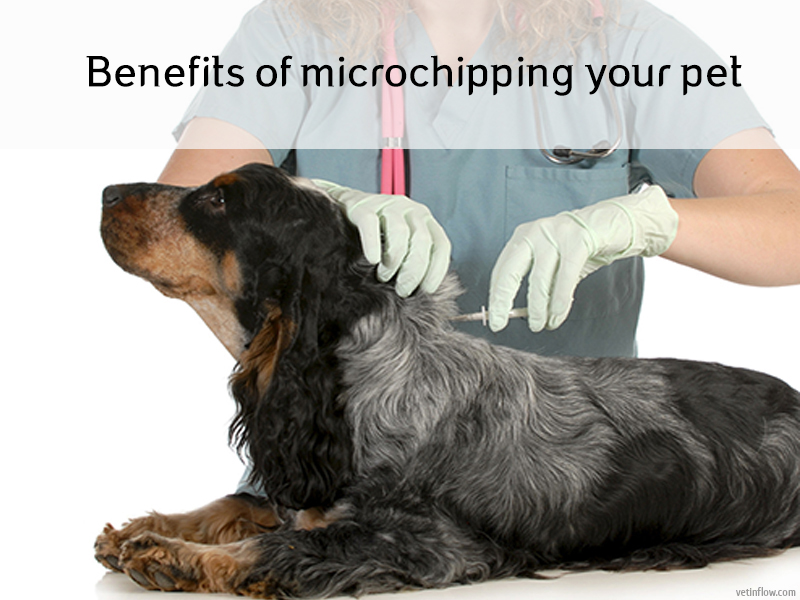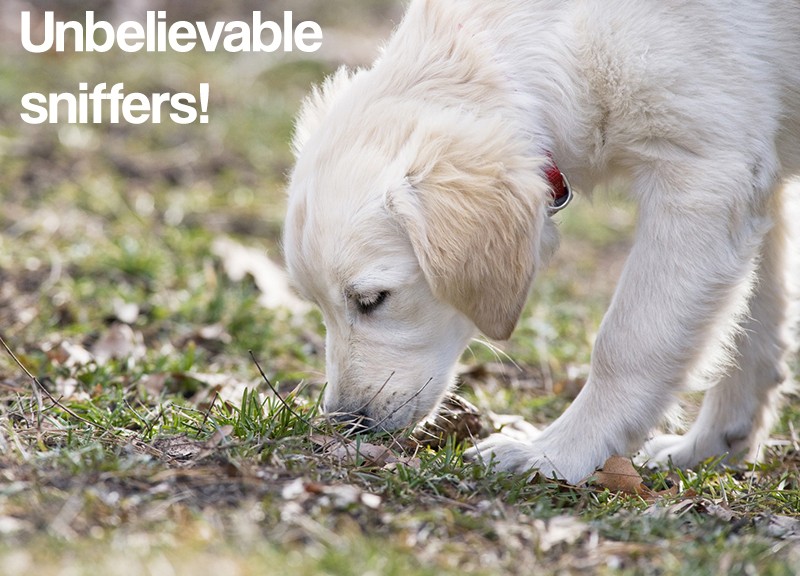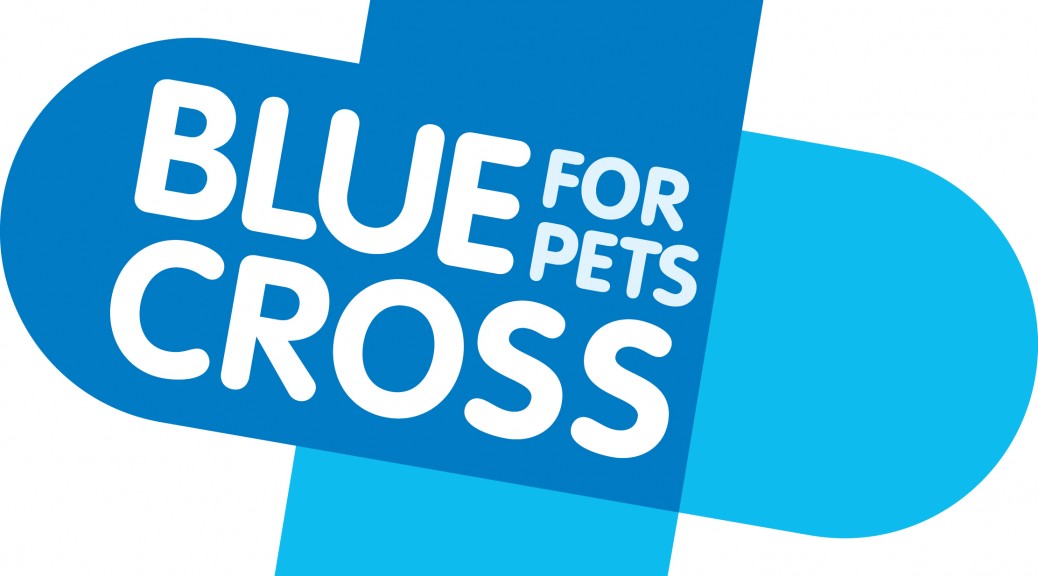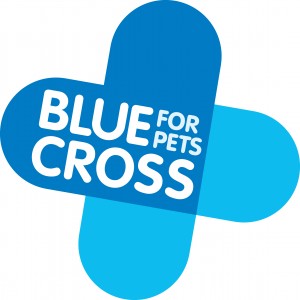
The Uk is considered to be a nation of pet lovers and dogs are at the top of the list of the most popular pets in our households. Recently, several studies have suggested that there are many health benefits associated with pet ownership including reduced stress and blood pressure.
Although owning a dog has many benefits sometimes dogs exhibit behaviours that can have an enormous impact in our homes, in our relationships and in our lives. As an example we can point out behaviours such as inappropriate elimination, aggression towards people and other animals and even lack in basic obedience cues. Unfortunately it is not uncommon for these issues to result in owners surrendering their dogs to shelters or even becoming the reason for their euthanasia.
Adequate puppy socialisation is essential to prevent some of these behaviours. Puppies poorly socialised may develop abnormal behavioural reactions such as aggression or fearful responses towards other dogs and towards people (adults and children).
In order for puppies to grow into well-behaved and friendly members of our society they need to be socialised with other dogs as well as people before they are 12 weeks of age. The socialisation period is thought to last from approximately three to 10-12 weeks of age and during this period it is very important for puppies to be handled regularly and exposed to numerous situations, objects and environments. It is currently recommended for puppies to go to their new home at approximately 8 weeks of age to allow proper socialisation with their new family. Before the 8 weeks of age it’s the breeder’s responsibility to socialise the puppy.
Puppy socialisation and training classes allow puppies to socialise with other dogs and with people other than the owners, as well as the opportunity to be exposed to a variety of experiences and situations in a low risk, non-threatening environment.
Would you like to know more about dogs? Check our Canine Courses:
Canine courses


